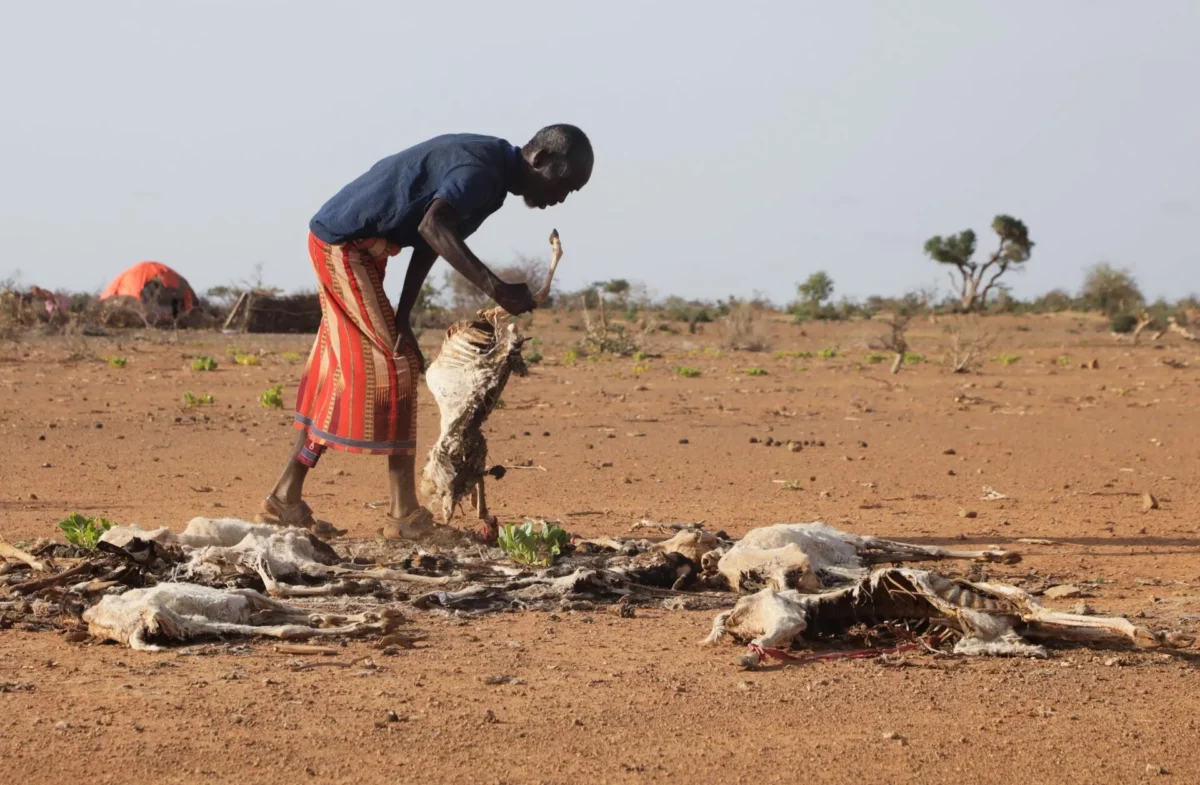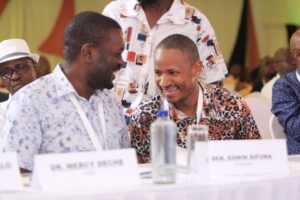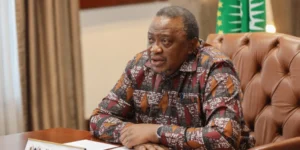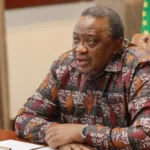This year’s Conference of Parties, to be held in Baku, Azerbaijan, from November 11 to 22, is geared towards addressing the gap in Climate Finance. African Countries, despite being the lowest emitters and the hardest hit by the climate crises, need to settle for no half-measures.
The 15th session of the Conference of the Parties (COP 15) to the United Nations Framework Convention on Climate Change (UNFCCC), held in Copenhagen, Denmark, from December 7 to 19, 2009, saw developed countries pledge to mobilize 100 billion US Dollars to address climate change crises and support the most vulnerable countries. However, the target is yet to be met, and African nations have borne the brunt of the associated catastrophes of climate change.
The failure and gap in climate finance have largely been attributed to a lack of accountability/mistrust, accessibility, and lack of finance. However, it is important to acknowledge that despite Africa’s limited contribution to the cumulative emission which currently stands at 0.5% of the global emission, African Countries need to emphasize their Nationally Determined Contributions to climate finance, owing to their resource potential.
For instance, Kenya’s NDC seeks to abate greenhouse gas emissions by 32% by 2030 in line with Kenya’s sustainable development agenda through a low carbon and climate-resilient development pathway, covering the following sectors: energy; industrial processes and product use; agriculture; land-use; forestry; waste, and dealing with the following gases: Carbon dioxide (CO2); methane (CH4); and nitrous oxide (N2O). The NDC tries to bear 21% of the mitigation costs from domestic sources and the remaining 79% from international support, in the form of finance, technology, development and transfer, and capacity building.
However, there is much concern over the conditions of international climate finance. Most of the climate finance that comes to the continent is mainly given as loans. African countries are currently heavy in debt to international financial institutions and Western nations, consequently, the group of African negotiators in COP29 must push for climate finance to come in the form of grants, to provide a reprieve and catapult Africa’s efforts to adapt to climate change.
Moreover, as the conversation of Loss and Damage finance and NDCs gains momentum, emphasis has been placed on Small Island Nations, overlooking African nations which are also bearing the brunt of the current crises. This year’s conference needs to see African negotiators become more vocal in policy discussions and push the continent’s agenda on the global stage.
To safeguard the continent’s future, African negotiators must strongly advocate for climate finance in the form of grants rather than loans, alongside greater attention to the continent’s unique challenges, such as Loss and Damage. Moreover, as Kenya’s example shows, Nationally Determined Contributions (NDCs) need to be effectively supported through both domestic efforts and enhanced international assistance.
African voices at COP29 must unite in pushing for accountability, transparency, and fair treatment in the global climate finance architecture, ensuring that Africa can build a climate-resilient future without compromising its development.
Read Also: We Don’t Have Time Urges Action on Climate finance in COP 29
















